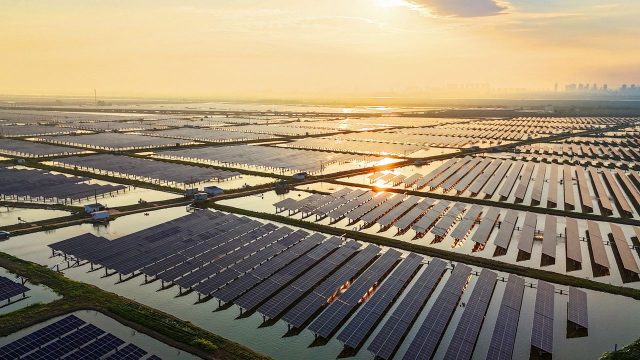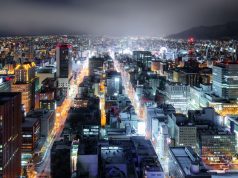
The world has failed to limit rising temperatures to 1.5C above pre-industrial levels – the goal set in the 2015 Paris climate agreement, the UN secretary general has said.
Speaking ahead of the COP30 climate conference in Brazil, António Guterres acknowledged it is now “inevitable” that humanity will overshoot the target, with “devastating consequences” that include “tipping points” in the Amazon, Greenland, western Antarctica and the coral reefs.
What has happened since Paris?
The Paris climate agreement, signed by almost 200 countries in 2015, is “at the heart of the international commitment to tackle rising global temperatures”, said the BBC.
Signatories committed to “pursue efforts” to limit global temperature rises to 1.5C, and to keep them “well below” 2C above those recorded in pre-industrial times, generally considered to mean the late 19th century. It also aimed to achieve balance between the amount of greenhouse gases added to the atmosphere and those that are removed – known as net zero – by the second half of the century.
Progress has undoubtedly been made over the past decade, said Christiana Figueres, the former executive secretary of the UN Framework Convention on Climate Change, in The Economist.
Global carbon dioxide emissions that were rising by almost 2% per year in 2015, have since slowed to 0.3%, while fossil-fuel demand has “plateaued and is falling in several large economies, including China”. The world was on course to warm by as much as 4C by 2100. Today, projections hover near 2.6C “still dangerously high, but a profound course correction that must now deepen, and fast”.
The “unprecedented economic transformation” towards a greener global economy, is “now unmistakably under way, despite a global pandemic, war, Brexit and two Trump presidencies”.
Yet despite this, 2024 marked the first year global average temperatures exceeded the 1.5C threshold.
Can humanity do more?
While one year alone of over-shooting the 1.5C target “doesn’t mean that threshold has been irreversibly breached”, said Time, research published by the Yale School of the Environment suggests that it likely means the world will exceed the target over the next 20 years. A separate study found there was a 90% likelihood emissions will peak in 2045, two decades after they were meant to.
Guterres has, however, refused to give up on the target set in Paris. “It is absolutely indispensable to change course in order to make sure that the overshoot is as short as possible and as low in intensity as possible”, he told The Guardian, saying it may still be possible to bring temperatures down in time to return to 1.5C by the end of the century.
With the planet’s past 10 years among the hottest on record, this requires countries to meet or exceed their individual climate action plans, known as nationally determined contributions (NDCs).
Up to now, “while they helped some nations make progress in emissions reduction, it hasn’t been enough to offset high economic growth,” Adrian Raftery, a University of Washington professor emeritus of statistics and sociology, told Time.
Failure to stick to the 1.5C threshold will “challenge fundamental aspects of nationhood and identity”, said the Chatham House think tank. It will also “reshape systems that underpin modern society, including finance”.
The stakes heading into COP30 could not be higher.
UN secretary general warns it is ‘inevitable’ the world will overshoot 1.5C target, but there is still time to change course






